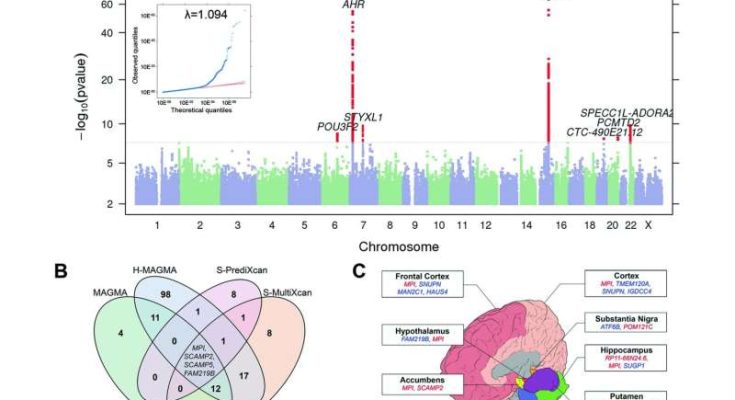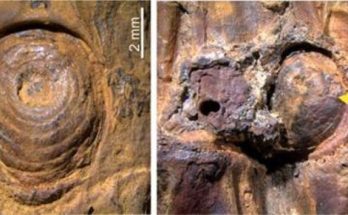Researchers from the Schulich School of Medicine & Dentistry and the University of California San Diego (UCSD) used genetic data as well as self-reported coffee-consumption numbers to assemble a genome-wide association study (GWAS). These types of studies use large volumes of genetic data to help researchers identify genetic variants, genes and biology associated with a particular disease or certain health traits.
The researchers compared coffee-consumption genetic characteristics from a 23andMe database in the U.S. with an even larger set of records in the United Kingdom.
“We used this data to identify regions on the genome associated with whether somebody is more or less likely to consume coffee, and then identify the genes and biology that could underlie coffee intake,” said Hayley Thorpe, the lead researcher on the study and a postdoctoral researcher at Western’s Schulich Medicine & Dentistry.
However, the conclusions surrounding the health outcome of a cup of java were not so definitive.
The group’s genome-wide association study of 130,153 U.S.-based 23andMe research participants was compared with a similar UK Biobank database of 334,649 U.K. residents.
The comparison revealed consistent positive genetic associations between coffee and harmful health outcomes such as obesity and substance use in both populations. This doesn’t mean that someone who drinks coffee is going to use other substances or develop obesity, rather that genetic predisposition for coffee intake is related in some way to these traits, Thorpe said.
The findings became more complicated when looking at psychiatric conditions.
“Look at the genetics of anxiety, for instance, or bipolar and depression: In the 23andMe data set, they tend to be positively genetically correlated with coffee intake genetics,” Thorpe said. “But then, in the UK Biobank, you see the opposite pattern, where they’re negatively genetically correlated. This is not what we expected.”
The researchers noted other dissimilarities between the populations.
“We found positive associations between the genetics of coffee intake measured in 23andMe with psychiatric disorders, but these associations tended to be negative when examined in the UK Biobank,” Thorpe said. “These divergences could be for many reasons, like a trade-off between tea and coffee intake differing between people in the U.S. and the U.K.”
While the study adds to the existing literature and helps to better understand how coffee might impact an individual’s health, more work is needed to understand the relationship between coffee, other substance use and health issues across unique environments, Thorpe said.
This study was done in collaboration with Schulich Medicine & Dentistry professor Jibran Khokar and UCSD professors Sandra Sanchez-Roige and Abraham Palmer.
Provided by University of Western Ontario





